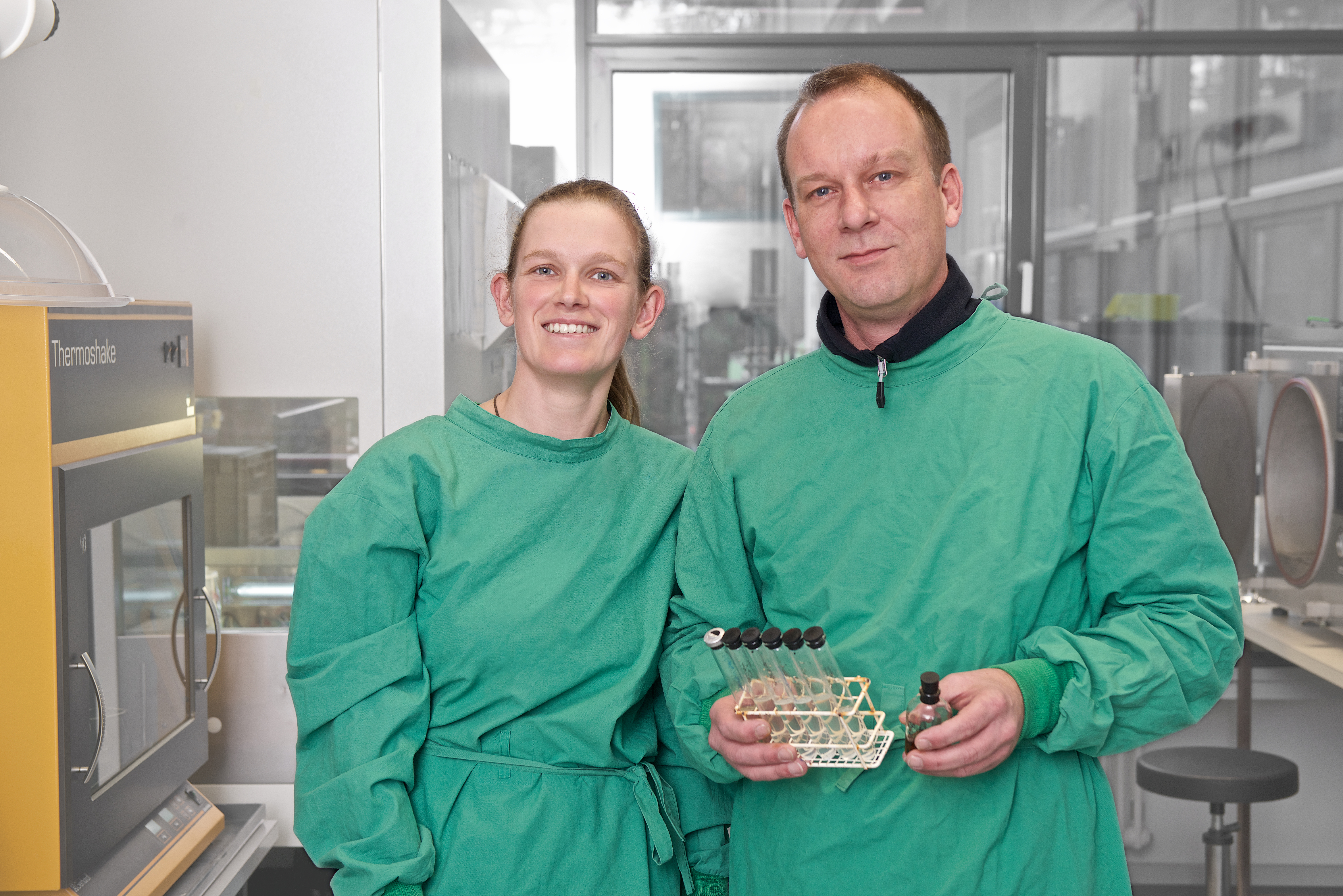
From a plant sugar to toxic hydrogen sulfide
In a doctoral research project conducted at the Department of Biology, the degradation of the dietary sugar sulfoquinovose by anaerobic bacteria to toxic hydrogen sulfide was described for the first time – increased production of hydrogen sulfide in the human intestinal system has been associated with inflammatory bowel disease and colon cancer.
Sulfoquinovose is a sugar found in plants, which contains sulfur. As a constituent of green-vegetable diets, for example in spinach and salad, it is also found in the human intestinal system – an environment without oxygen – and therefore doctoral researcher Anna Burrichter wanted to answer the following question: What happens when anaerobic bacteria degrade sulfoquinovose in the absence of oxygen? She discovered a new type of metabolism that transforms sulfoquinovose into hydrogen sulfide (H2S). So far, these results have been obtained from a laboratory model system. In future studies, the researchers will have to examine whether sulfoquinovose in the intestine is indeed metabolized to hydrogen sulfide, which is a toxic compound for humans. The study was conducted by the research team of Dr David Schleheck, and the results have been published in the current issue of the journal “Frontiers in Microbiology”. Read more...
